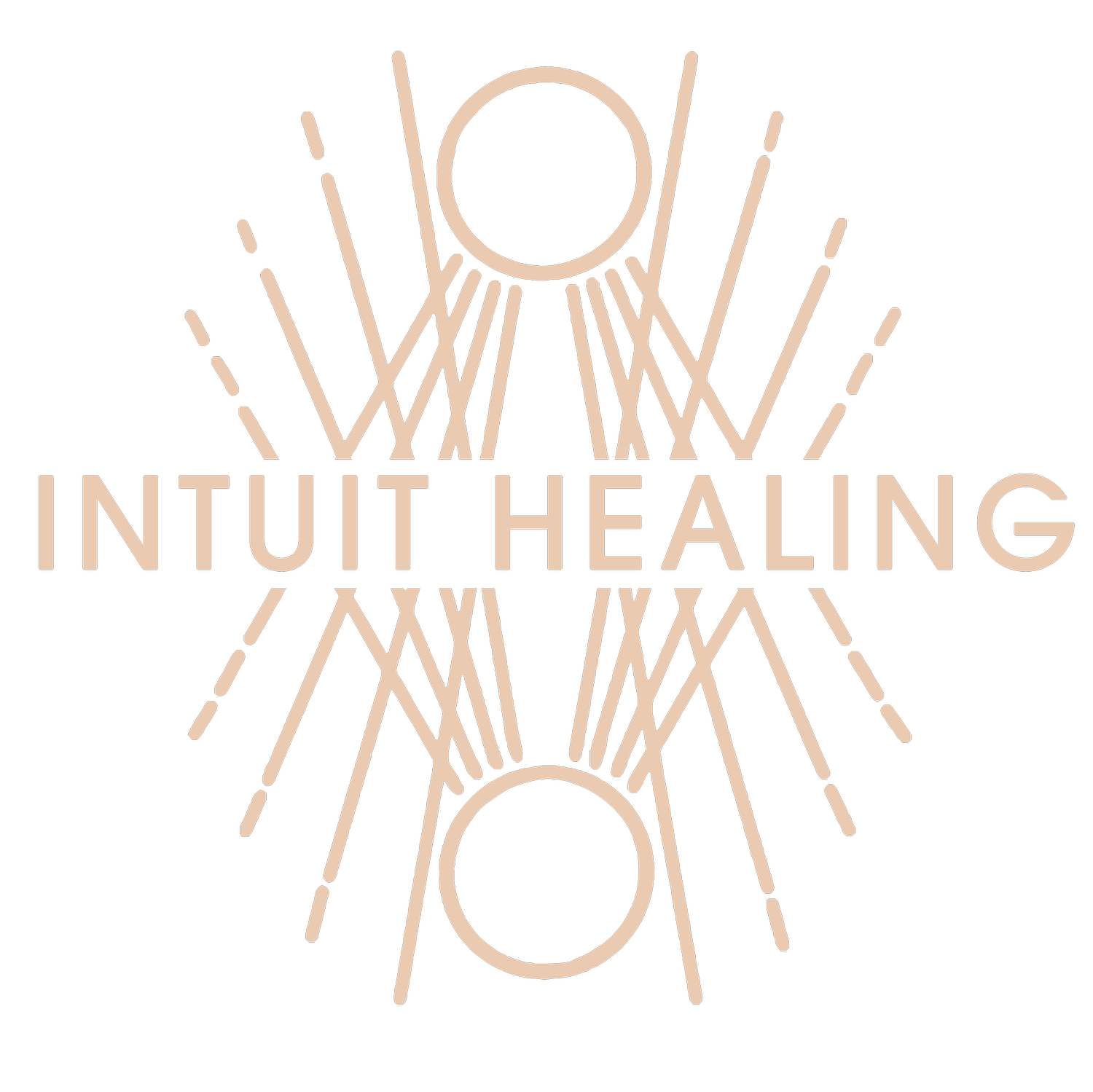Understanding my fear
Throughout my life, I’ve come to realize how much **fear** has shaped my actions. Living with **panic disorder** has made me prone to **anxiety, worry,** and deep-rooted fear. But this fear isn’t just the occasional nervousness or apprehension—it’s something primal, instinctual. From a young age, I learned that love could be conditional, often based on how well I lived up to the expectations placed on me by family members. If I fell short, love was withdrawn, leaving little room for self-compassion, rest, or simply being human.
As I grew older, I became hyper-vigilant, constantly attuned to the emotions and behaviors of others, not just out of empathy, but as a means of ensuring my own safety. This hyper-vigilance, while making me emotionally aware, often blurred the line between natural empathy and survival instincts.
Hyper-Vigilance vs. Empathy
In therapy, I confronted a difficult truth: how much of my **empathy** was genuine and how much was driven by **hyper-vigilance**? The latter is the brain’s way of protecting itself, constantly scanning for threats. Now, at 37, despite years of therapy, medication, and practicing self-care in a life that’s relatively safe, I still find myself triggered by old fears.
The **panic attacks** I’ve had over the years are scattered across the city—reminders that make me avoid certain restaurants, people, and even public transportation. I've learned to live alongside my fear, accepting it rather than running from it. But there are days when balance feels impossible.
The Imposter Syndrome of Fear
On those off days, the fear transforms. Suddenly, I feel like an **imposter**, a liar—like nothing I’ve achieved is real or deserved. My mind races, telling me that everyone is watching, judging, waiting for me to fail. I feel like that little girl again, afraid that with one wrong word or action, everything could fall apart.
Logically, I know these thoughts aren’t true. But to my body, these fears are as real as ever. The fear of not being enough, of losing the love and approval of those around me—it’s a constant battle between my body’s instincts and my mind’s logic. **Fear** doesn’t always make sense, and it can’t always be rationalized away. It simply exists.
Whether or not you’ve experienced childhood trauma or live with a panic disorder, **fear** is a universal experience. It’s what has kept us alive as a species. But in today’s world, it feels more pervasive than ever. We are living in an age of **war, economic instability, food insecurity, global warming, disconnection, and rising stress**. We are bombarded by the pressure to perform, to look a certain way, and to be our best selves, all while navigating an increasingly volatile world.
To suggest that you can simply meditate or pray away your fears feels unrealistic. The wellness industry often promotes this idea, but I don’t buy into it. **Fear** is primal, it’s everywhere, and it’s incredibly hard to escape when you’re caught in a fear loop.
Acceptance, Grace, and the Power of Presence
So, what can we do? In my experience, the best way to deal with fear is through **acceptance** and **grace**. We can’t always control how our body responds to triggers. But instead of reacting immediately, we can listen. We can acknowledge that our body is trying to protect us, even if the threat isn’t real. By practicing self-compassion and staying present, we can remind ourselves that we’re not alone in this.
Visualizing a Life Beyond Fear
One of the most powerful tools I’ve found for managing my anxiety is dreaming. I dream of a life where money isn’t a concern, where health and balance are within reach. I imagine a home surrounded by woods and water, a peaceful place filled with love, abundance, and support. I visualize helping my children grow into the people they’re meant to be.
At the same time, I practice staying present. I ask myself: Where am I? Who am I? What do I have? What do I need? And then I breathe.
Fear is Real, But It Doesn’t Have to Define Us
Fear is real. It’s natural. It’s part of being human. But we don’t have to let it control us or destroy our dreams. Ask yourself: is this empathy or is this hyper-vigilance? Listen to your body’s response, and remember that you are not alone in this journey.

